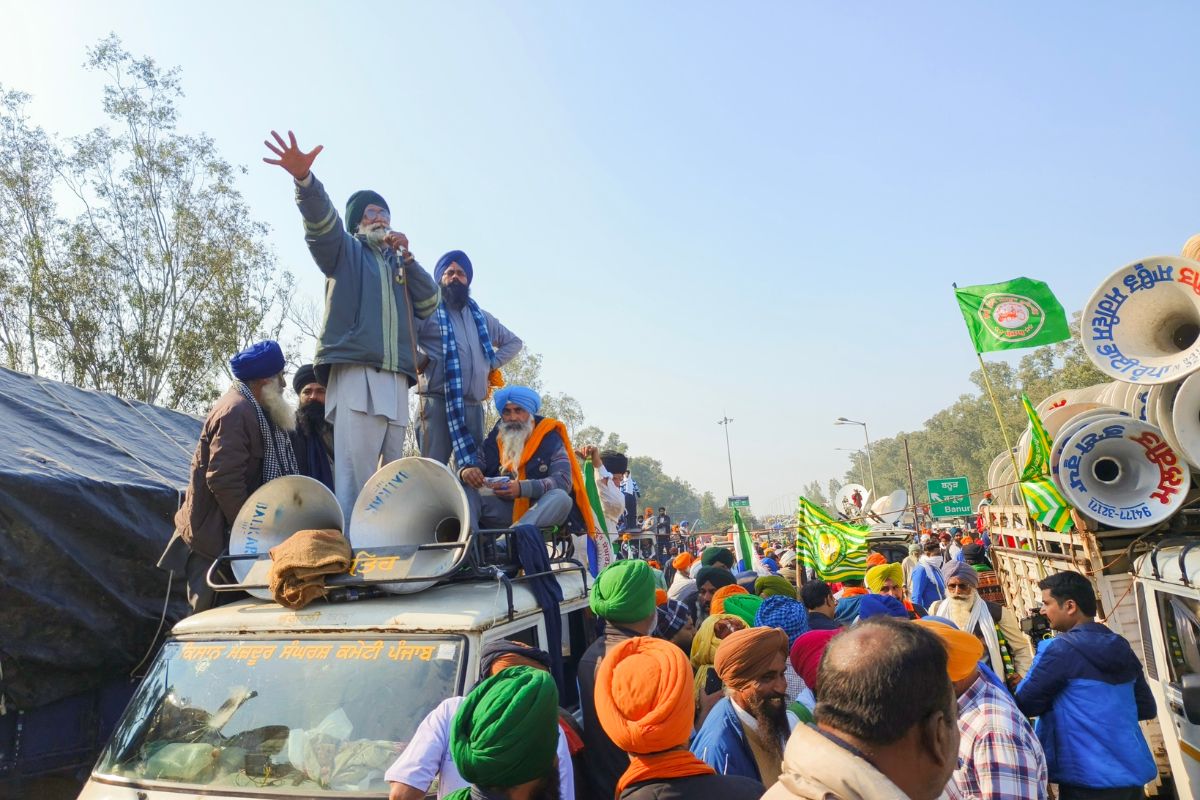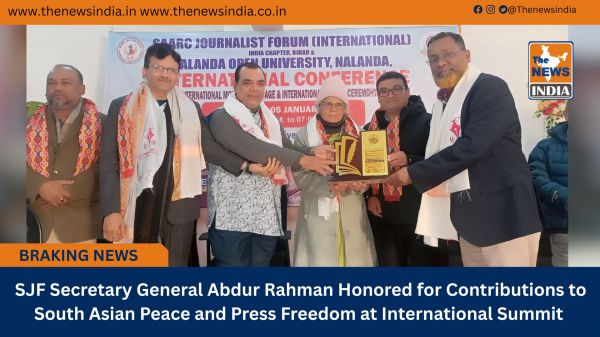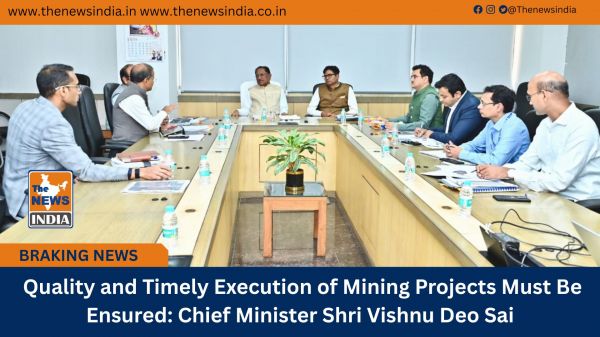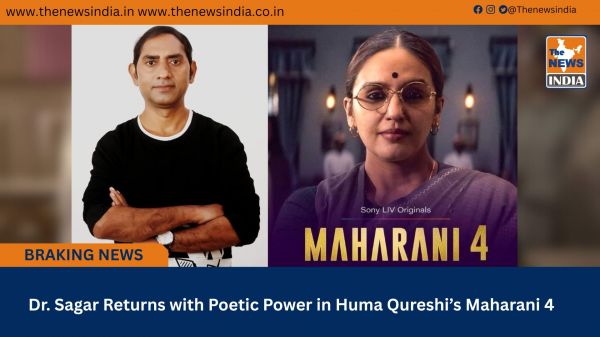The on-going farmers’ protest has become a flashpoint in the national political discourse,
16-Feb-2024
893
The on-going farmers’ protest has become a flashpoint in the national political discourse, highlighting the deep-seated issues surrounding agricultural policies. The contrasting narratives presented by the ruling Bharatiya Janata Party (BJP) and the opposition, particularly the Congress, underscore the complexity of the challenges faced by farmers and the divergent paths proposed for their resolution.
The BJP, defending its stance, asserts an unwavering commitment to farmers, citing policies aimed at their welfare. The party emphasises initiatives such as health cards, low-interest loans, and increased Minimum Support Price (MSP) on various crops. However, the opposition, notably the Congress, paints a starkly different picture, decrying what it labels the government’s “cruelty, barbarity, repression, and oppression against farmers.”
At the heart of this controversy is the demand for a legal guarantee to MSPs. Congress MP Rahul Gandhi, during his Bharat Jodo Nyay Yatra, announced the party’s commitment to providing this legal safeguard if it assumes power after the elections. The question arises ~ are MSPs the panacea to the agrarian crisis, and why has implementation been a contentious issue? MSPs, designed to ensure farmers receive a minimum price for their produce, has been a longstanding demand. The Swaminathan Commission recommended MSP as a legal right for farmers, a proposal now reiterated by the Congress.
The farmers argue that without this legal guarantee, their hard work might not translate into fair compensation. However, the BJP questions the timing of this promise, asking why the Congress did not implement it during its tenure, or why it does not do so in states it rules. The ‘Delhi Chalo’ (March to Delhi) protest, led by Kisan Mazdoor Morcha and Samyukt Kisan Morcha, unfolds against a backdrop of tear gas shells, barricades, and heightened security. This paints a distressing picture of a nation divided on how to address the concerns of those who feed it. The opposition argues farmers’ voices are being stifled, comparing the capital to a “police cantonment” to suppress dissent. West Bengal Chief Minister Mamata Banerjee and the Aam Aadmi Party (AAP) join the chorus of criticism, condemning the Centre’s treatment of farmers.
The AAP government in Delhi denies permission to convert Bawana stadium into a temporary jail, asserting farmers’ constitutional right to protest. In this maelstrom of conflicting narratives, it is crucial to recognise the plight of farmers themselves. The agriculture sector forms the backbone of India’s economy, and the well-being of farmers is inextricably linked to the nation’s prosperity. The protests, while a manifestation of discontent, also present an opportunity for a comprehensive dialogue on agricultural reforms.
A collaborative effort is needed to address the systemic challenges facing farmers, ensuring a sustainable and prosperous future for Indian agriculture. The ‘Delhi Chalo’ protest is not merely a clash of political ideologies but a plea to prioritise the well-being of those who toil in the fields to nourish the nation. Shunning politics, all stakeholders must join hands to find solutions.
SNS




.jpg)
.jpg)
.jpg)
.jpg)
.jpg)
.jpg)
.jpg)
.jpg)


.jpg)
.jpg)

.jpg)
.jpg)
.jpg)

.jpg)
.jpg)
.jpg)

.jpg)
.jpg)
.png)
.png)
.jpg)
.png)
.png)
.jpg)
.png)
.png)


.png)
.png)


